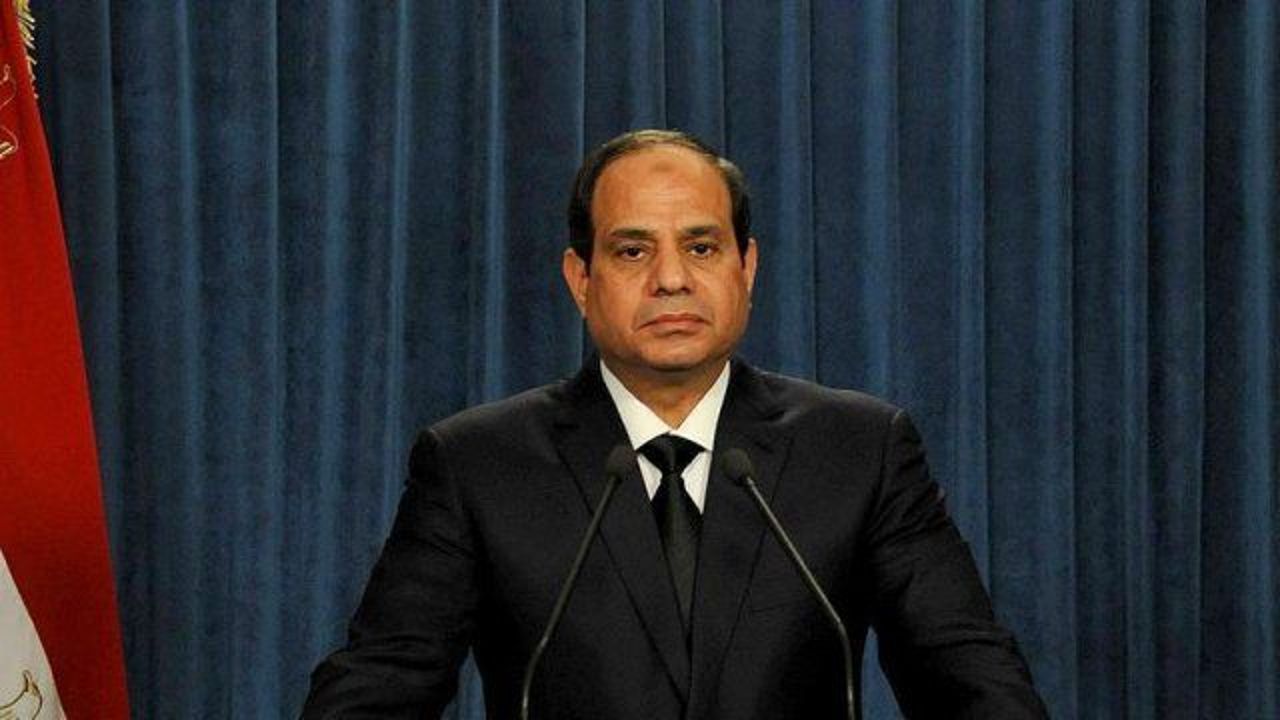Egypt's 2011 uprising failed to achieve goals
Five years on, activists say the uprising that ended Egypt's Mubarak regime failed to realize basic demands for 'bread, freedom and social justice'

Five years ago, Egyptians took to the streets for 18 straight days to call for an end to the 30-year rule of autocratic President Hosni Mubarak.
At the time, protesters listed "bread, freedom and social justice" as their primary demands. But five years after Mubarak's departure, many Egyptians say none of the revolution's goals have materialized.
"The revolution's goals remain a dream for Egyptians, who want a decent future for their children," former MP Tharwat Nafae told Anadolu Agency.
He asserted that the revolution's goals had yet to be achieved.
"The [2011] revolution was merely a stepping-stone towards a better future," he said.
Nafae argued that the anti-Mubarak uprising was a work in progress, which, "like all revolutions, must go through several stages".
"The revolution is now trying to reconstitute itself after a coordinated scheme by the counter-revolution to undermine it," he said.
In January 2011, Egyptians took to the streets to protest corruption and police brutality under the Mubarak regime.
After 18 days of unabated protests, Mubarak agreed to step down, handing power over to the army.
One year later, Egyptians elected Muslim Brotherhood leader Mohamed Morsi as the country's first freely elected civilian president.
The military, however, deposed Morsi after one year in office following protests against his administration.
In a recent televised address, President Abdel-Fattah al-Sisi -- the army chief who led Morsi’s ouster only to assume the presidency himself one year later -- said that Egypt’s "June 30 Revolution" had "corrected the course" of the 2011 uprising.
Al-Sisi was referring to the mass protests on June 30, 2013 that paved the way for Morsi's removal -- and subsequent imprisonment -- by the army.
"The June 30 Revolution came to correct and complete the January 25 uprising," he said.
No change
Despite al-Sisi’s assertions, however, political activist Mohamed Abdel-Aziz believes the 2011 revolution has so far failed to produce a regime reflective of its goals.
"Nothing has changed," Abdel-Aziz, a co-founder of the Tamarod movement -- which spearheaded the protests that resulted in Morsi's ouster in 2013 -- told Anadolu Agency.
"We are still being ruled by the same [mentality] and same bureaucracy," he said.
Abdel-Aziz termed the ouster of two presidents in only four years -- Mubarak and Morsi -- as "the main successes of the January revolution".
"At least Egyptians are now aware of their rights and are no longer silent," he said.
Activist Ahmed Rami, for his part, believes that achieving the revolution's goals are Egypt's only way out of its current political malaise.
"There can be no exit for Egypt from the current situation without completing the January revolution and achieving its objectives," Rami, a member of the now-dissolved Freedom and Justice Party, the political arm of the Muslim Brotherhood, said.
He said the 2011 revolution had "broken the barrier of fear among Egyptians".
"It also exposed the weakness of Egypt’s military institutions, which had been ruling the country since 1952," he said.
Several activists, along with Morsi's Muslim Brotherhood, are calling for protests on Monday to mark the fifth anniversary of the uprising that ended the Mubarak regime.
The Interior Ministry, for its part, which controls Egypt's sprawling security forces, has warned that it is ready to deal with any "unauthorized" demonstrations.
Anadolu Agency







